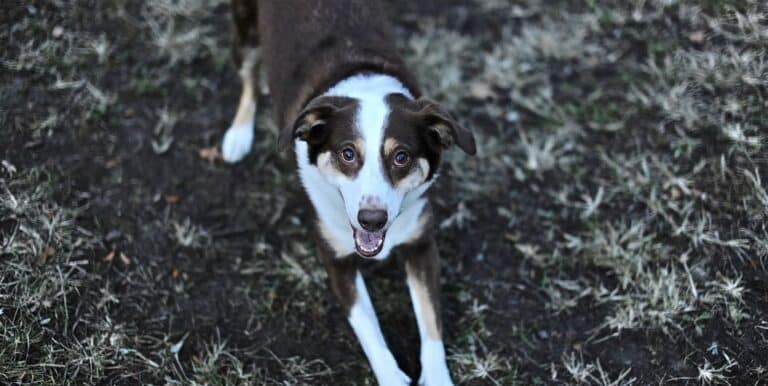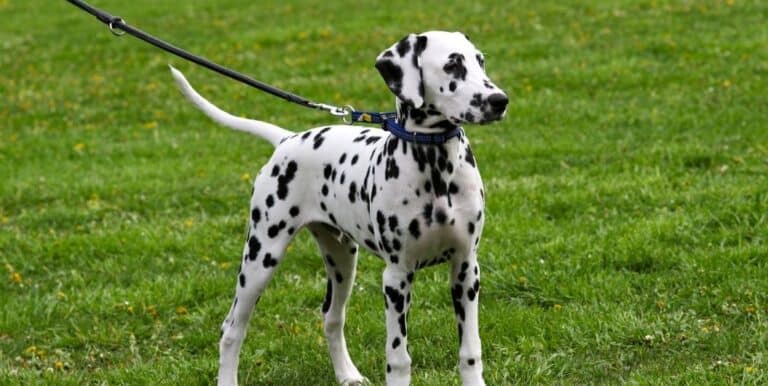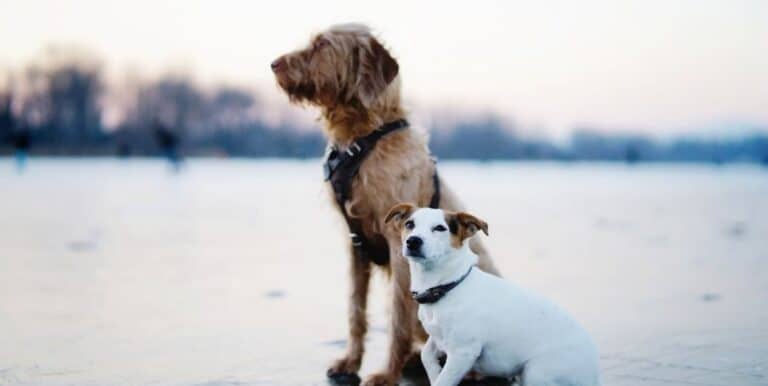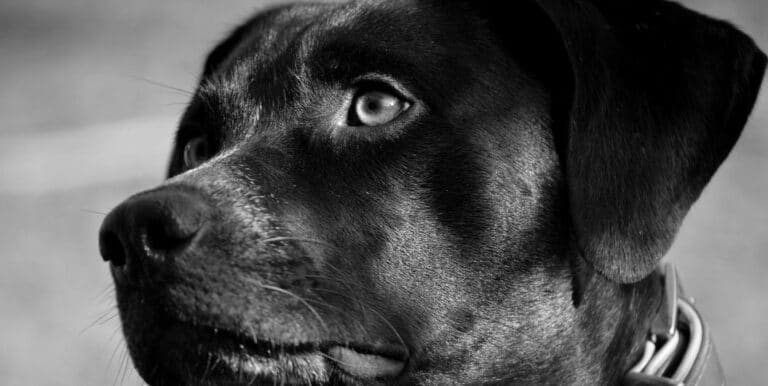What are the Signs of Dehydration in Dogs?

Dehydration in dogs is characterized by dry gums, a dry nose, dry skin and a loss of elasticity in the skin. A dehydrated dog’s eyes will also noticeably lack moisture and may appear to be sunken. One of the most sudden signs of dehydration in a dog is kidney failure.
When a dog does not receive adequate fluid intake, her gums will begin to look dryer than normal. Also, pressing on the dog’s gums and monitoring the time it takes for the capillaries to refill is another way to assess hydration. If the impression left by a finger pressing on the gums does not immediately return to a healthy red color, dehydration may be the cause.

A healthy dog’s nose is normally moist. When the nose becomes dry, however, this may be a sign of dehydration. Routinely checking the nose for signs of moisture helps to assess dehydration.
When a dog’s skin is slightly pinched or tugged, it should return to its normal form immediately after release. An older dog’s skin may naturally take a little longer to settle back into its form than that of a younger dog, but each should easily return to its normal form fairly rapidly. When animals are dehydrated, however, the skin will maintain a wrinkle where it was pinched and will take an abnormal amount of time returning to its natural state. This is one of the most common signs of dehydration in dogs and one that owners can easily check.
Early signs of dehydration in animals are often apparent in a dog’s eyes. This is true even if the animal appears to be fine otherwise. Eyes that appear sunken or that are abnormally dry are a tell-tale sign of dehydration.
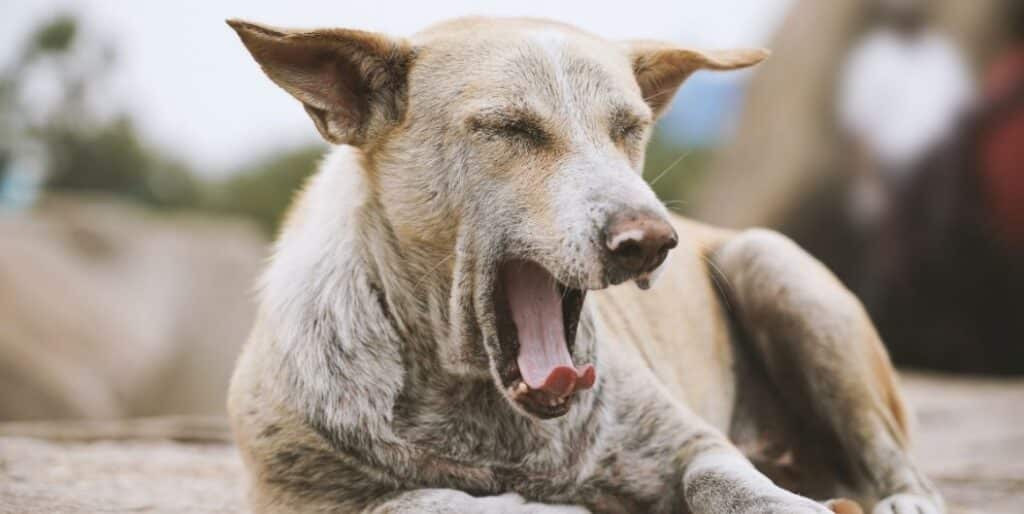
An animal’s abnormal behavior may also be due to dehydration. A dog that is not feeling well will begin to slow down and may even appear to be depressed. This is particularly true if dehydration has been allowed to persist for a prolonged period and the animal is experiencing damage to the internal organs, such as the kidney.
Canine dehydration can occur when a dog lacks access to a clean water source or is suffering from an injury or underlying illness which causes the animal to stop eating or drinking. Without recognizing the signs of dehydration in dogs, an animal may continue to suffer and may even die. When symptoms are recognized, however, the signs of dehydration can be effectively addressed and possibly even reversed.
Symptoms, such as vomiting, diarrhea, loss of appetite, excessive panting, fever, constipation and infrequent urination all may result in a dehydrated dog. Each leads a rapid and potentially dangerous loss of fluids. To avoid dehydration in dogs, experts recommend that fresh, clean water always be made available and that medical care be immediately sought for sick animals.


